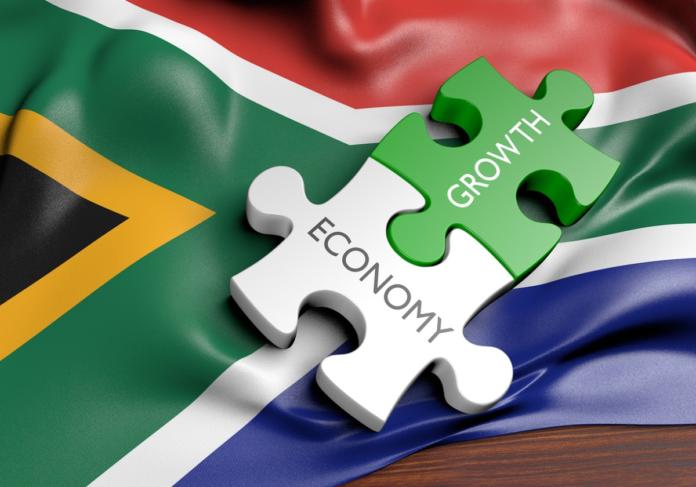Over the past decade South Africa’s public finances have come under more and more strain. The days when the economy was growing and former finance minister Trevor Manuel brought baskets of fruit to parliament have been replaced by declines in the size of the economy per person and rising unemployment. This was symbolised earlier this year when finance minister Tito Mboweni brought a few drought-resistant bitter aloes to his budget speech.
These hard times have three main origins: the economic legacy of apartheid, the effects of the 2008 global financial crisis, and the massive damage done by inaction and state capture during President Jacob Zuma’s tenure.
Apartheid systematically limited the human development of the majority of the population. It destroyed communities, created costly spatial inequalities and led to extreme inequalities between race groups. Among the negative consequences were its contribution to skills shortages, high unemployment, high transport costs for workers, dependency on the state and high crime rates.
